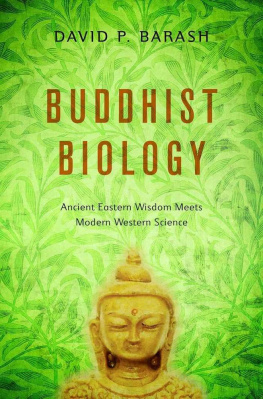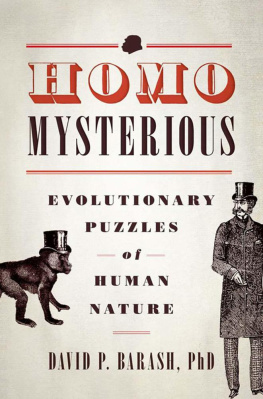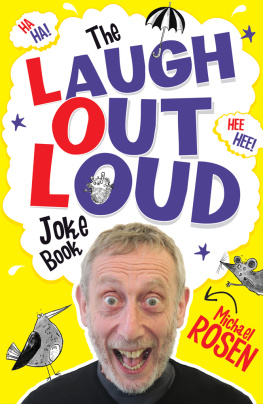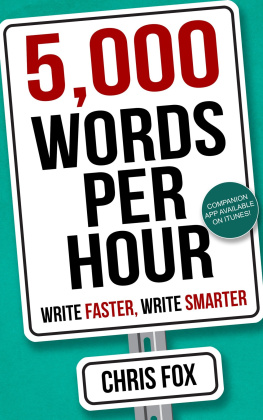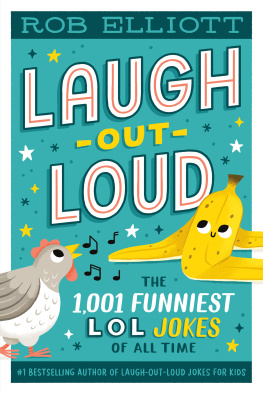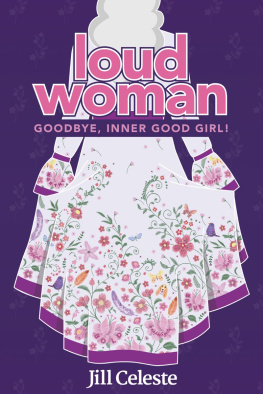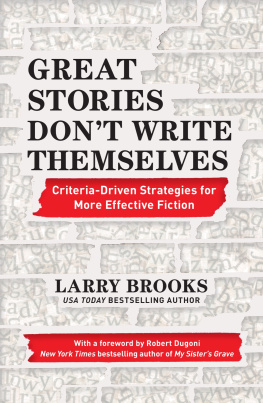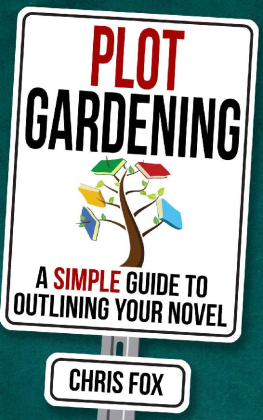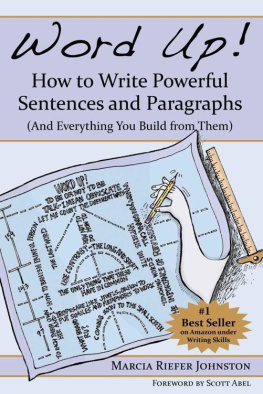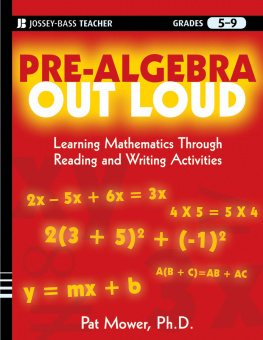To obtain PDFs for exercises from the printed version of this eBook, please .
This digital book includes all of the workbook exercises in a downloadable PDF format. To access this material, visit McGraw-Hill Professionals Media Center at http://mhprofessional.com/mediacenter /, then enter this e-books ISBN and your e-mail address.
You will receive an e-mail message with a download link for the additional content.
This e-books ISBN is: 978-0-07-182829-1.

Copyright 2014 by Carol Barash. All rights reserved. Except as permitted under the United States Copyright Act of 1976, no part of this publication may be reproduced or distributed in any form or by any means, or stored in a database or retrieval system, without the prior written permission of the publisher.
ISBN: 978-0-07-182829-1
MHID: 0-07-182829-X
The material in this eBook also appears in the print version of this title: ISBN: 978-0-07-182828-4, MHID: 0-07-182828-1.
E-book conversion by codeMantra
Version 2.0
All trademarks are trademarks of their respective owners. Rather than put a trademark symbol after every occurrence of a trademarked name, we use names in an editorial fashion only, and to the benefit of the trademark owner, with no intention of infringement of the trademark. Where such designations appear in this book, they have been printed with initial caps.
McGraw-Hill Education eBooks are available at special quantity discounts to use as premiums and sales promotions or for use in corporate training programs. To contact a representative please visit the Contact Us pages at www.mhprofessional.com.
Story To College and Moments Method are registered trademarks of Story To College and may not be used without the authors written permission.
TERMS OF USE
This is a copyrighted work and McGraw-Hill Education and its licensors reserve all rights in and to the work. Use of this work is subject to these terms. Except as permitted under the Copyright Act of 1976 and the right to store and retrieve one copy of the work, you may not decompile, disassemble, reverse engineer, reproduce, modify, create derivative works based upon, transmit, distribute, disseminate, sell, publish or sublicense the work or any part of it without McGraw-Hill Educations prior consent. You may use the work for your own noncommercial and personal use; any other use of the work is strictly prohibited. Your right to use the work may be terminated if you fail to comply with these terms.
THE WORK IS PROVIDED AS IS. McGRAW-HILL EDUCATION AND ITS LICENSORS MAKE NO GUARANTEES OR WARRANTIES AS TO THE ACCURACY, ADEQUACY OR COMPLETENESS OF OR RESULTS TO BE OBTAINED FROM USING THE WORK, INCLUDING ANY INFORMATION THAT CAN BE ACCESSED THROUGH THE WORK VIA HYPERLINK OR OTHERWISE, AND EXPRESSLY DISCLAIM ANY WARRANTY, EXPRESS OR IMPLIED, INCLUDING BUT NOT LIMITED TO IMPLIED WARRANTIES OF MERCHANTABILITY OR FITNESS FOR A PARTICULAR PURPOSE. McGraw-Hill Education and its licensors do not warrant or guarantee that the functions contained in the work will meet your requirements or that its operation will be uninterrupted or error free. Neither McGraw-Hill Education nor its licensors shall be liable to you or anyone else for any inaccuracy, error or omission, regardless of cause, in the work or for any damages resulting therefrom. McGraw-Hill Education has no responsibility for the content of any information accessed through the work. Under no circumstances shall McGraw-Hill Education and/or its licensors be liable for any indirect, incidental, special, punitive, consequential or similar damages that result from the use of or inability to use the work, even if any of them has been advised of the possibility of such damages. This limitation of liability shall apply to any claim or cause whatsoever whether such claim or cause arises in contract, tort or otherwise.
To Jed
CONTENTS
FOREWORD
I n 1997, at the age of 25, I started the SEED Foundation with my business partner, Eric Adler, whom I quickly came to admire for his masterful storytelling. The day I met Eric, he shared a story that sticks with me to this day.
Eric had been a high school physics teacher at a private college-prep school. While nearly every child who attended was from an affluent neighborhood, there was one student in his class from a low-income community who was attending on scholarship. Eric saw what this student had to go through each day just to get a good education. For example, while the rest of the students got to school thanks to a 15-minute ride from Mom or Dad, this student had to take two different buses, resulting in a commute of more than one and a half hours. The differences only began there. It was after seeing the hurdles that this student needed to overcome that Eric came up with the idea (around the same time that I did) of starting a public boarding school for students like this boy.
It wasnt just that Eric realized a student like this would benefit from a school like SEED and told me so. It was the way he told me. He could have told me in a few short and general sentences, but he captivated me with details of the students life and struggles. Plus, he did it all with emotion. He emphasized words and lingered on parts of the story he thought were important.
Eric continued to tell this story. He told it to everyone with the same conviction as he had told it to me. He told it to legislators who were responsible for changing laws that would allow us to open our schools. He told it to potential donors we depended on to fund our schools. He shaped the story based on the listener he was trying to reach, but at its core it was the same compelling story about a boy, the struggles he fought to overcome, and how a place like SEED could make the difference.
I learned quickly from Eric and started telling stories of my own. At this point, I was completely out of my comfort zone. I was a scientist, not a storyteller. However, I had no choice; we had a school to open, and the most powerful way to spread our message was through stories. So, I told people my personal story.
I told people that our family immigrated to the United States. Both my parents believed very strongly that education was the great equalizer. With an education, you could be who you wanted to be and do what you wanted to do. My family was not wealthy. In fact, my grandfather saved every rupee he earned for his childrens college education. In addition to my familys story, I told people of my belief that every child should have access to a quality education regardless of his or her background, socioeconomic status, or race.
Together, through our stories, Eric and I began to convince legislators, potential donors, and future employees to support our mission. They were inspired by our vision, they believed in our mission, and they saw that financially we had a sustainable operating model. Legislators changed laws to allow for public boarding schools in Washington, DC, donors contributed funds to build the school, and people started applying to join our team. One year later, together we opened the nations first urban public boarding school.
By this point, I had learned to tell my story well and with conviction. By the time I met Carol Barash in 2008 (on Princetons Annual Giving Committee), the story had expanded. It was no longer the story of two young guys trying to start a public boarding school. It was now a story about challenging society to think more broadly and more hopefully about the way that we educate our children. SEED was sending students from some of the most challenging areas of our nations capital to the best colleges in the country. With each graduate success story, the SEED School model was challenging society to move from a conversation of Can we do it? to We know we
Next page

